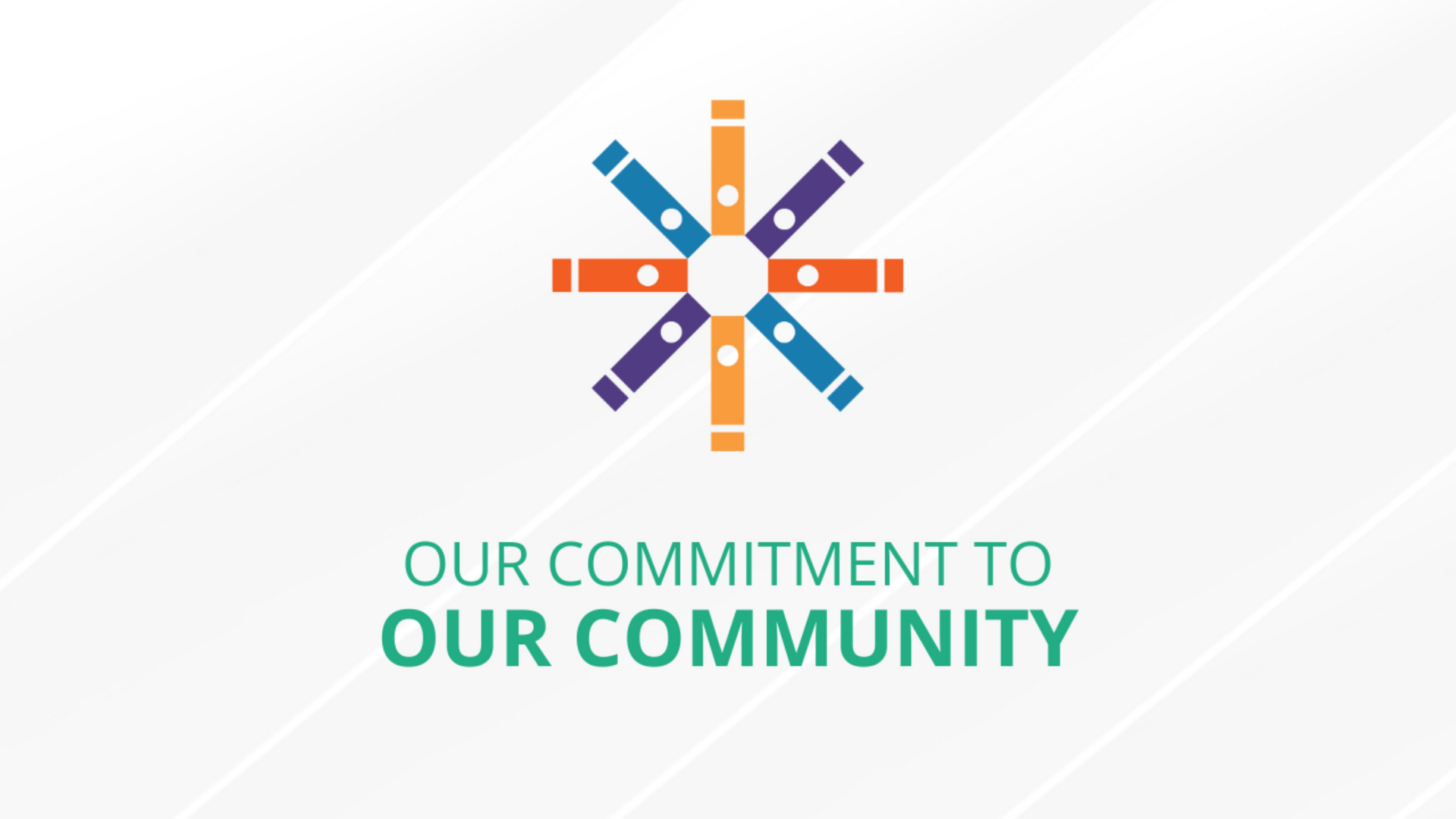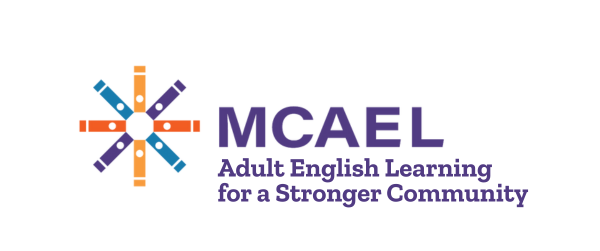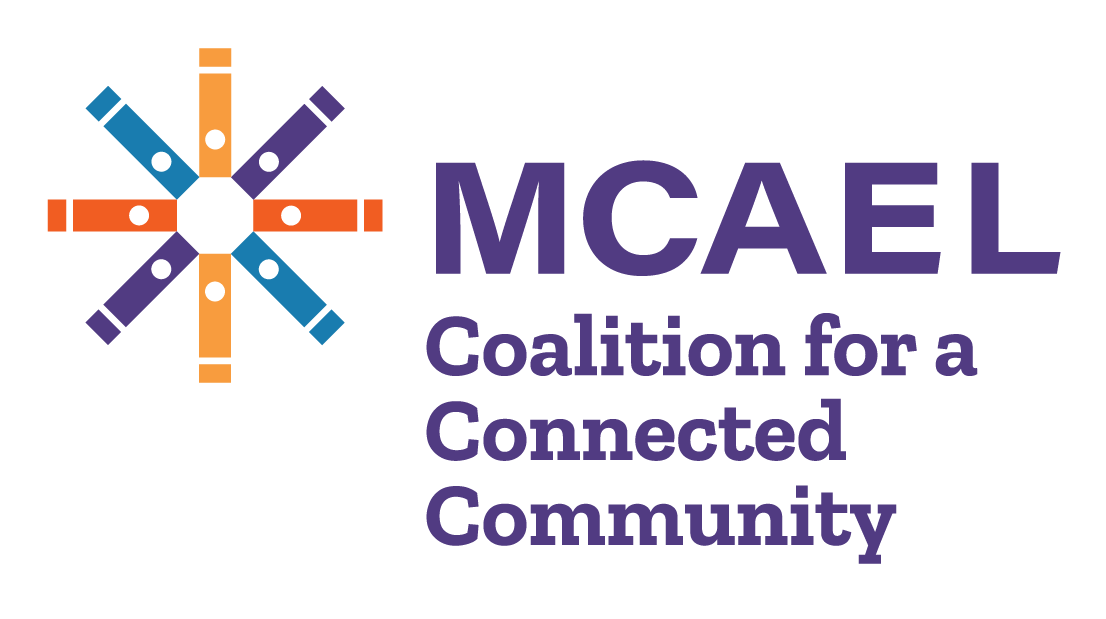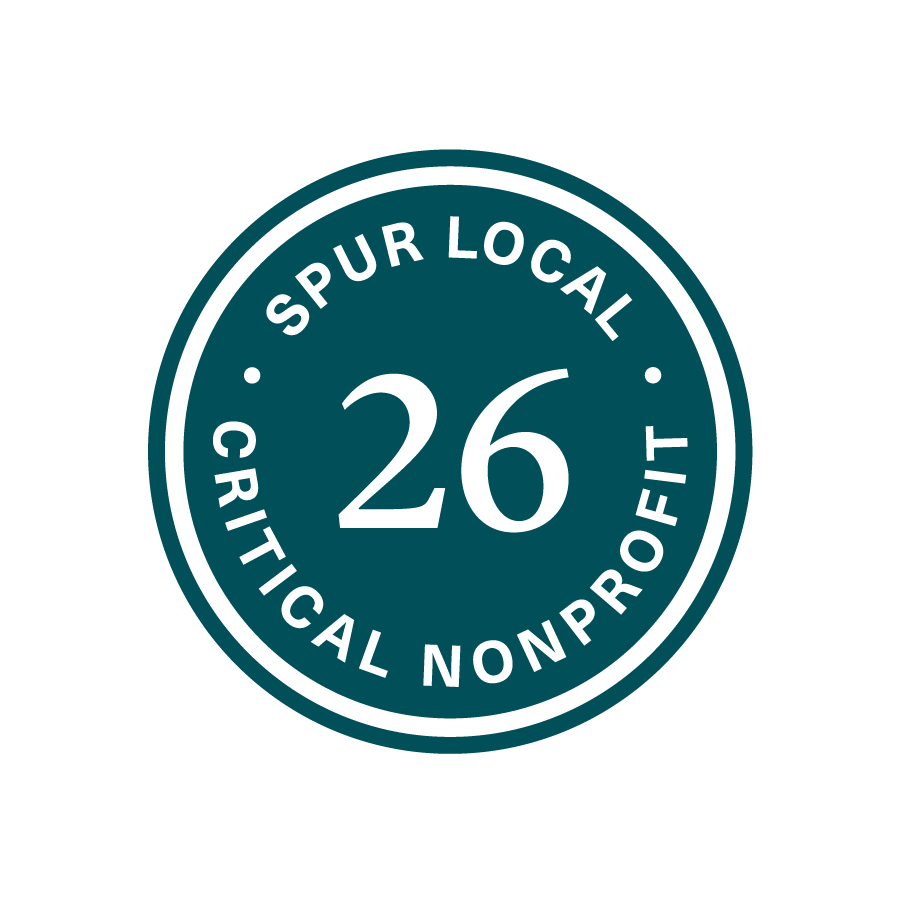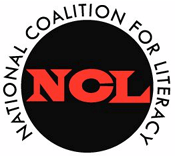MCAEL Advisory Group Spotlight: Andy Lawrence
It’s MCAEL’s 15 year anniversary, and we’re celebrating with a “People of MCAEL"
The "People of MCAEL" series features first person insights and photos from some of the wonderful people involved in English language learning in Montgomery County, MD. You’ll find stories here and on Facebook, Instagram, LinkedIn, and Twitter; please share and use our hashtag #MCAEL15. We know this coalition thrives because of committed people like you; thank you!
Today we’re introducing our first profile: Claudia Ramos
Tell us a little about yourself and what was your entry point into Adult ESOL.
In the late 1980s, as I was about to enter my third year as an ESOL volunteer for the Montgomery County Department of Adult Education, the Program Director accosted me and pleaded: “I just had a teacher quit. How would you like to teach a class?” I swallowed hard, said “yes,” and was handed a teacher’s guide, a textbook, and a room full of eager students to teach. Oh, how I wish that MCAEL’s Foundations for Adult ESOL Instruction Course existed back then. Hopefully, my enthusiasm for teaching made up for what I lacked in skill in those early days.
Where are you now teaching (or working as an ESOL provider) (at what levels and for which organizations)?
At present, I am teaching a morning and afternoon beginning level class via Zoom for Montgomery College’s Refugee Training Center. The majority of my students are from Afghanistan, and I admire their courage as they adapt to living in our area, including trying to master English, after their abrupt departure from their homeland.
What unexpected successes or previously unknow capabilities have you and the learners you serve experienced during the pandemic?
The desire to learn can easily negotiate around the disruption caused by moving from in-person classes to virtual ones. For
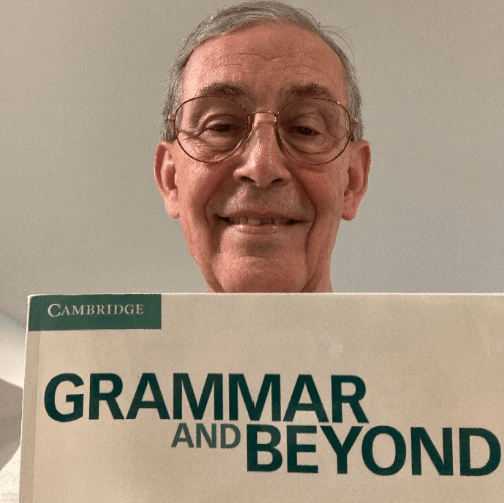
various reasons, nearly all of my Zoom students keep their cameras off, so I find that I need to be more systematic in ensuring that all students participate equally in class. I make a special point to draw out shy students hiding behind blank screens and muted microphones, and I am gratified when I see these students make real improvements in listening, speaking and reading.
What role do you play in MAG [committees, roles]?
I am working with the Learner Leadership Advisory Group that is trying to institutionalize input of student voices into the MCAEL planning process. Since students are our ultimate customers, it is very important that MCAEL take their views into consideration into course design and assessment methods. It is far better to hear directly from students than it is to assume what their needs are.
What do you find most rewarding about your work?
To me, there is no greater reward than creating a safe, collaborative classroom and watching students overcome their fear of making mistakes and gain confidence in their abilities to communicate successfully. Many students are intimidated by classmates who seem to “outshine” them in their command of English, and I feel fulfilled when I see steady improvement from those who needed a little push before they hit their stride as learners.
What brings you joy outside of your professional life?
The joy that my wife and I get from travelling has largely been on hold during the pandemic. While we went on a wonderful tour of Greece in May, we both tested positive for COVID upon our return to the Athens airport and had to quarantine for an additional week. However, we are planning to spend the Christmas holidays on several of the Hawaiian Islands with both our sons and our older son’s wife.
Andy’s story is part of MCAEL’S 15th Anniversary celebration; every month we’ll highlight some of the wonderful people at the heart of our coalition. Learn more about MCAEL and its mission here: https://mcael.org/.
Learn more about MCAEL and our partner organizations here.
